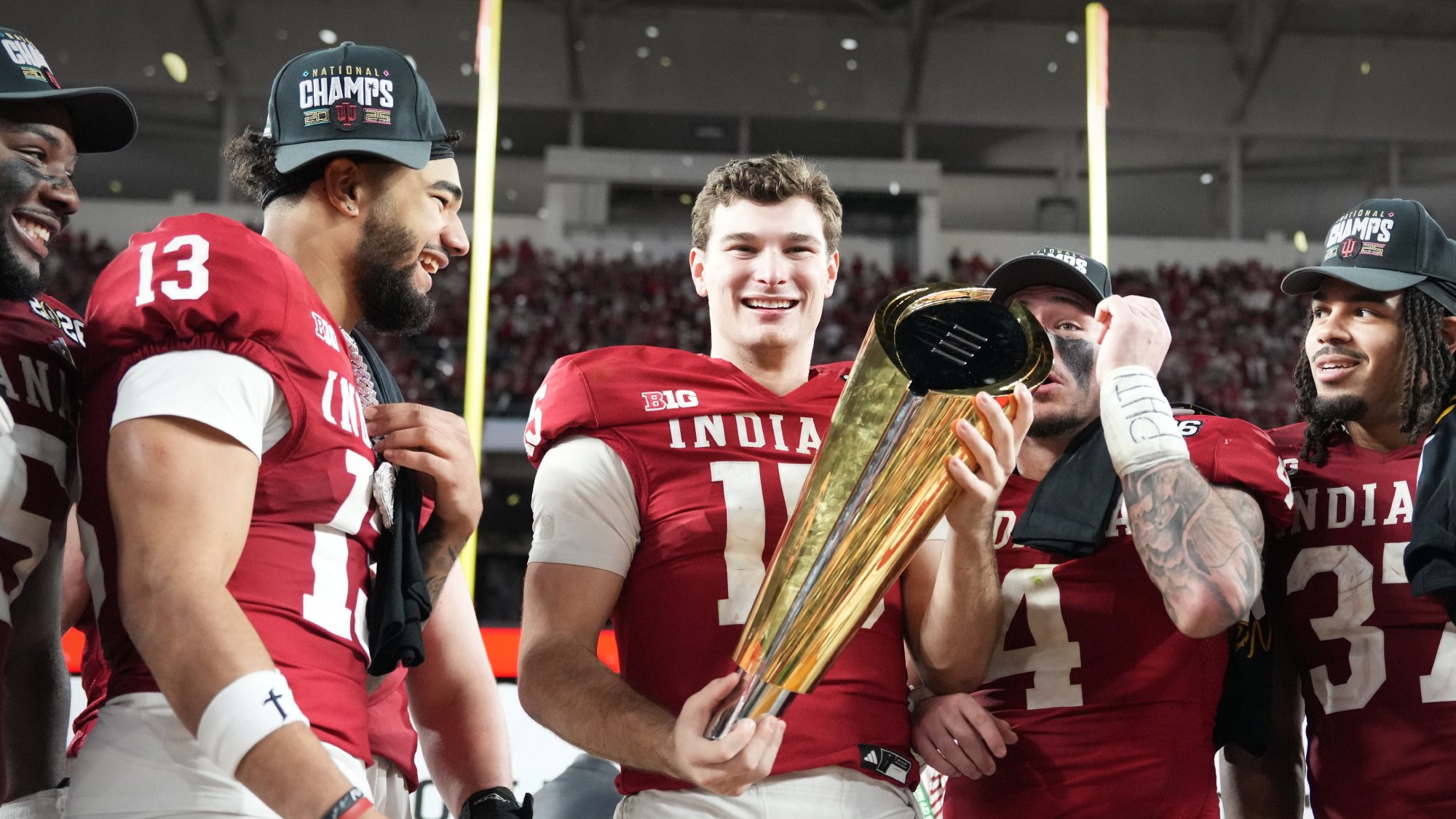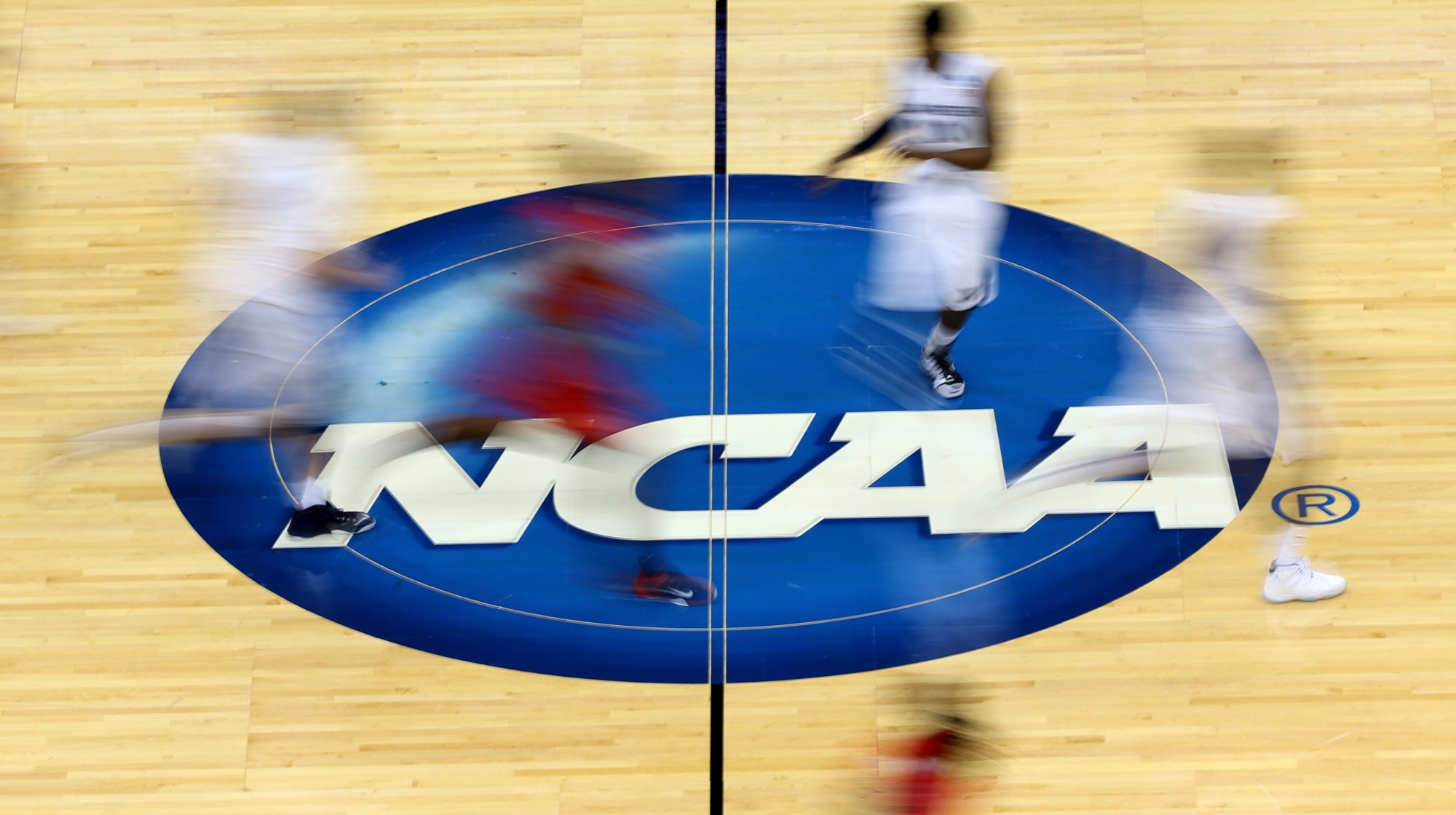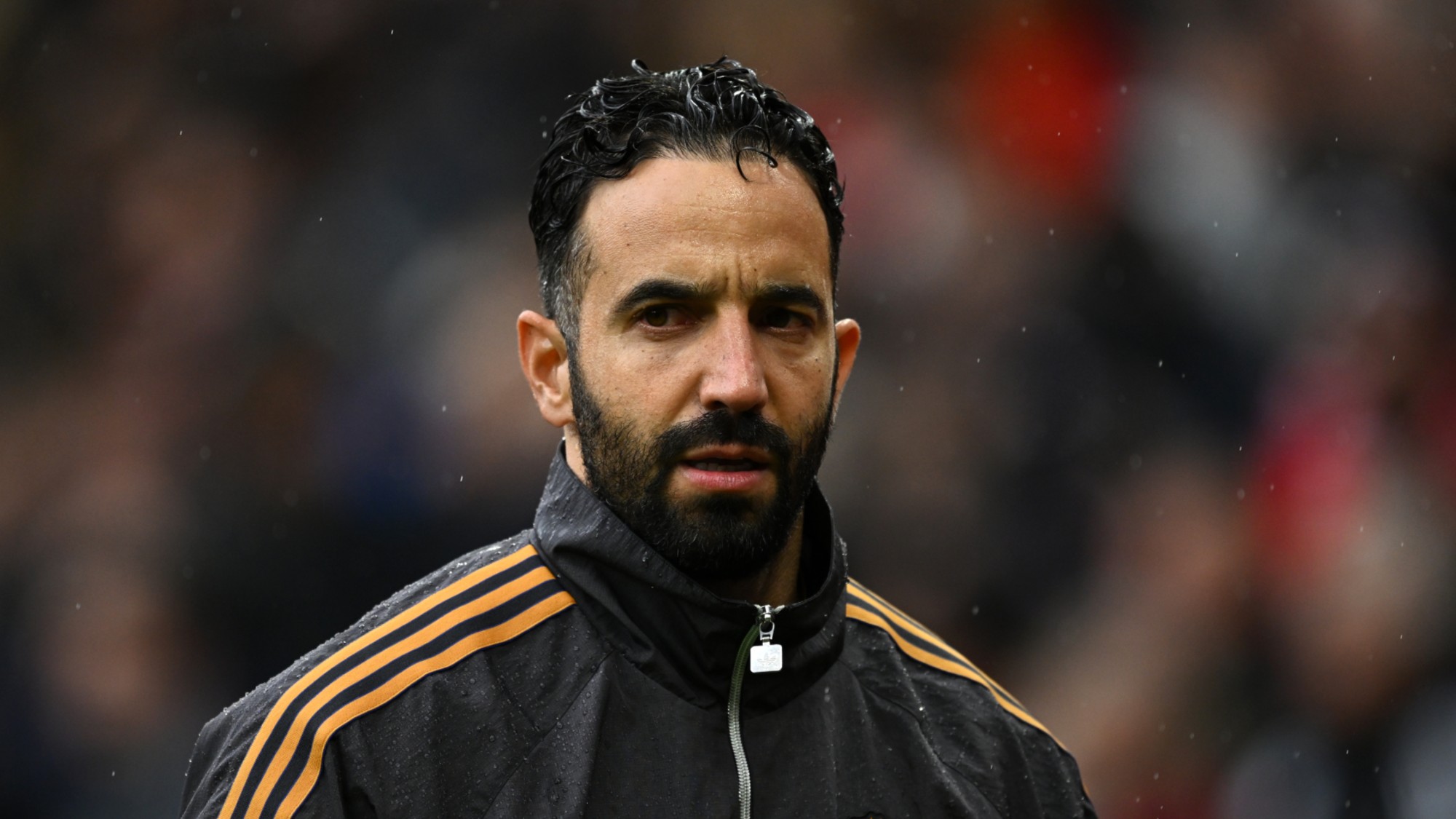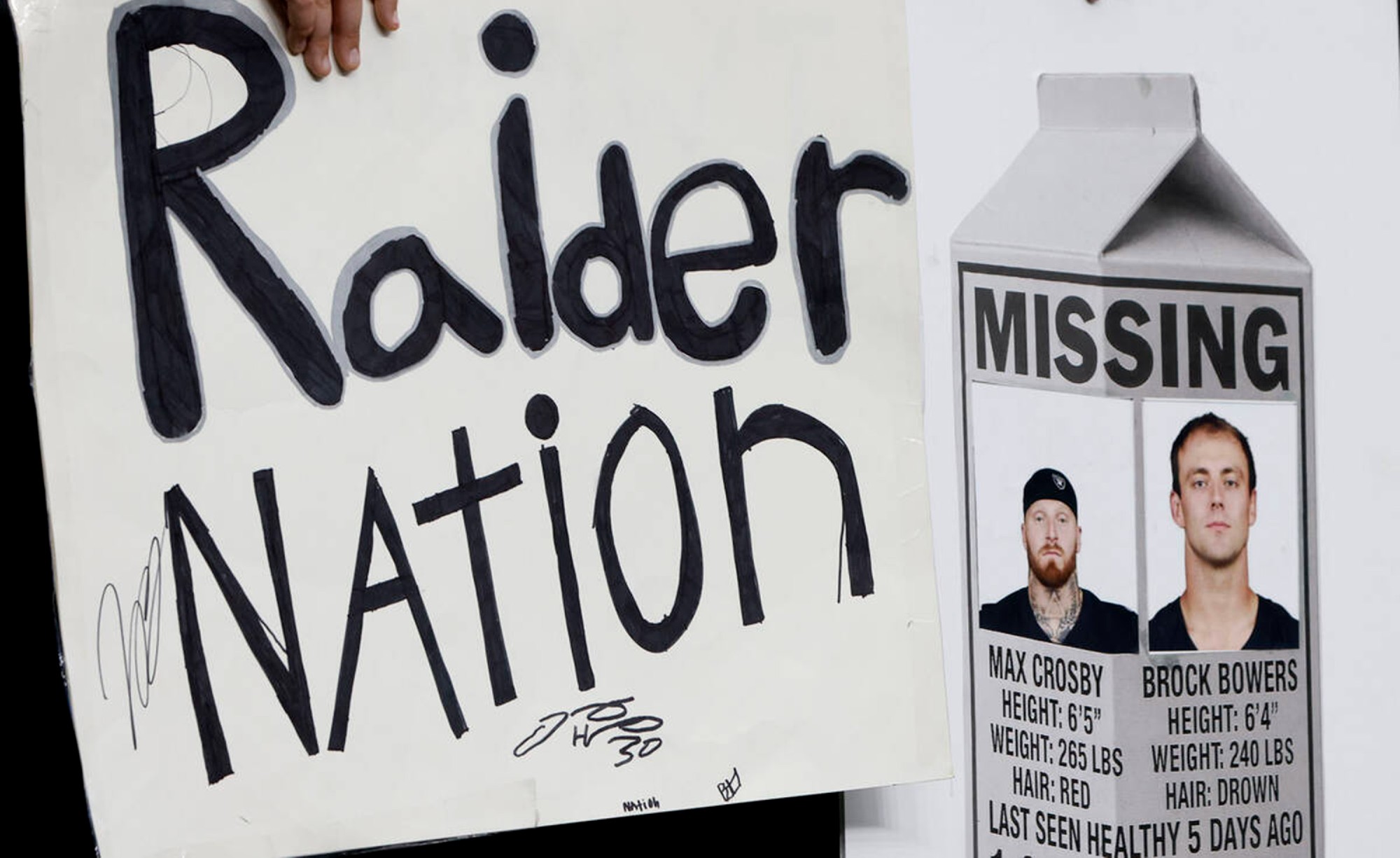The economics of taxpayer-subsidized stadiums
Shiny new stadiums can end up costing taxpayers billions


A free daily email with the biggest news stories of the day – and the best features from TheWeek.com
You are now subscribed
Your newsletter sign-up was successful
The U.S. is continuing to see a rapid influx of new sports stadiums either being proposed, approved by city councils or already being built. The soon-to-be Las Vegas Athletics will have a brand-new ballpark built for them when they move to Sin City, the Tennessee Titans broke ground on a new football stadium earlier this year, the Buffalo Bills are prepping a new stadium for 2026 and the Chicago Bears are negotiating on a new stadium to replace their aging current venue. And these are merely a few notable examples.
But these stadiums do not come cheap, and they are often at the expense of taxpayers — many times more so than the team's fans may realize. The Titans' new stadium will cost about $2.1 billion, the new Las Vegas stadium is pegged at about $1.5 billion and the Bears are looking to secure $2.4 billion for a new stadium. While it might seem obvious that the team and their owners would be the ones financing these stadiums, cities often look to taxpayers to help offset the cost of these behemoth structures.
This has led to controversy over whether or not taxes should be going to fund sports stadiums when there are many other problems that are seemingly more pressing. What are the economics of stadiums and tax subsidies, and what are the benefits and drawbacks of the system?
The Week
Escape your echo chamber. Get the facts behind the news, plus analysis from multiple perspectives.

Sign up for The Week's Free Newsletters
From our morning news briefing to a weekly Good News Newsletter, get the best of The Week delivered directly to your inbox.
From our morning news briefing to a weekly Good News Newsletter, get the best of The Week delivered directly to your inbox.
How do stadium subsidies work?
Like any other subsidy, city and state governments will often grant expenditures from taxpayers to help fund the construction of new stadiums. From 2020 to January 2023, there were five new stadiums built in the U.S. that cost a total of $1.97 billion, of which taxpayers funded $750 million, according to a report from the Journal of Policy Analysis and Management (JPAM).
While this is still a large amount, it is actually significantly less than in prior decades, according to the report. In the 1990s, there were 18 stadiums built at a cost of $342 million — but taxpayers spent significantly more on the projects, with JPAM reporting that subsidies footed $281 million of this price tag. And in the 1970s, all $287 million worth of new stadiums built were paid with tax subsidies.
However, this assessment minimizes one key fact: Stadiums cost significantly more to build today than they did in earlier eras, leading to the nearly $2 billion price tag in the 2020s.
What are some notable examples of subsidized stadiums?
While all four major North American sports leagues (Major League Baseball, the National Basketball Association, the National Football League and the National Hockey League) play in taxpayer-funded stadiums, the NFL has among the most. Of the 30 stadiums that host NFL franchises, only three were completely funded by private money: SoFi Stadium in Los Angeles, MetLife Stadium in East Rutherford, New Jersey, and Gillette Stadium in Foxborough, Massachusetts.
A free daily email with the biggest news stories of the day – and the best features from TheWeek.com
The other 27 NFL stadiums were all constructed using taxpayer subsidies for portions of the bill — and this trend will not be changing anytime soon. The aforementioned new stadium being built for the Buffalo Bills will have taxpayers "picking up most of the $1.4 billion-dollar tab," said USA Today. And the new Titans stadium appears to hold the record. While the Titans ownership will pay $840 million, the "total amount of public funding for the state-of-the-art stadium [will be] roughly $1.26 billion," according to Forbes.
Baseball has similarly seen large-scale public funds going toward stadiums. Globe Life Field, the new home of MLB's Texas Rangers, opened in 2020 after a four-year construction process, with $500 million of the $1.2 billion cost being taxpayer-subsidized. Controversy also ignited in Georgia in 2013 after Cobb County officials announced plans to build a new ballpark for the Atlanta Braves, with $300 million in public funds being put toward the $722 million project. Despite local pushback, the $300 million subsidization was eventually approved, and ended up "being far lower than initial reports of up to $450 million," said the Augusta Chronicle at the time.
And it is not only brand-new stadiums that use taxpayer dollars. In 2002, the Chicago Bears invested $587 million in renovations to their stadium, Soldier Field. Of this total, Chicago taxpayers "financed $387 million through municipal bonds levied by a tourism tax in Chicago," said CNBC. When NBC Chicago checked in on the renovation's finances 20 years later in 2022, it was found that the city still "[owed] $640 million on its initial $387 million bonds after years of deferring payments."
What is the bigger picture?
Like any taxpayer-related issue, subsidizing public funds for sports stadiums remains controversial. This is because these stadiums are largely a "boondoggle for taxpayers, who have spent nearly $30 billion on stadiums over the past 34 years, not counting property-tax exemptions or federal revenues lost to tax-exempt municipal bonds," said The Atlantic.
This is an issue because, to an extent people may not realize, stadiums are not automatic cash grabs. Sporting venues "do not come close to generating enough economic activity to pay back the public investment involved in building them," said The Atlantic. This is especially true when they are "coupled with lease agreements that funnel revenue back to owners or allow teams to play in the stadiums rent-free."
Examples of the slow-recouping of public funds for stadiums can be seen all over the country. Taxpayers in Cobb County are losing an estimated $15 million annually on the new stadium for the Braves, according to a 2022 study cited by Axios. At the time, Cobb officials "touted the deal as a 'home run' for the county that would increase property values and drive more tax revenue," said the author of the study, Kennesaw State University economic professor J.C. Bradbury. But this hasn't been the case, as the "increase in property values Cobb has seen since the stadium opened in 2017 is not any greater than in neighboring counties," Bradbury said to Axios.
With all of this being said, you "would think that three decades' worth of evidence would be enough to put an end to the practice of subsidizing sports stadiums," but "America finds itself on the brink of the biggest, most expensive publicly-funded-stadium boom ever, and the results will not be any better this time around," said The Atlantic. Often, the reality of these construction projects show a disparity from the vision of team owners. Prior to the Athletics choosing to relocate to Las Vegas from Oakland, Athletics President Dave Kaval said that building a new stadium in Oakland would create "seven billion dollars in economic impact. 6,000 permanent and mostly union jobs. 3,000 construction jobs. We're building more than a ballpark here."
But "stadiums don't actually do these things," said The Atlantic. Especially for outdoor venues, the "jobs they create are seasonal and low-wage" and they "tend not to increase commercial property values or encourage much in the way of economic activity, besides a bit of increased spending in bars and restaurants surrounding the venue — which is mostly being substituted for dollars that were previously being spent elsewhere."
This is where the crux of the controversy lies, as the "biggest debates around tax policies for pro sports teams often reflect that — unlike with many municipal efforts, such as sports fields, parks and bike paths — a private party owns these sports teams," said Sportico. The argument "becomes more complicated, in my view, in that a good part of the public subsidies that we see in the United States you don't see elsewhere in the world," Smith College economist Andrew Zimbalist said to Sportico. This makes the case for subsidies even more questionable given that almost all sports team owners are billionaires.
"Should we be supporting billionaires with public money?" Zimbalist asked.
Justin Klawans has worked as a staff writer at The Week since 2022. He began his career covering local news before joining Newsweek as a breaking news reporter, where he wrote about politics, national and global affairs, business, crime, sports, film, television and other news. Justin has also freelanced for outlets including Collider and United Press International.
-
 What to expect financially before getting a pet
What to expect financially before getting a petthe explainer Be responsible for both your furry friend and your wallet
-
 Pentagon spokesperson forced out as DHS’s resigns
Pentagon spokesperson forced out as DHS’s resignsSpeed Read Senior military adviser Col. David Butler was fired by Pete Hegseth and Homeland Security spokesperson Tricia McLaughlin is resigning
-
 Colbert, CBS spar over FCC and Talarico interview
Colbert, CBS spar over FCC and Talarico interviewSpeed Read The late night host said CBS pulled his interview with Democratic Texas state representative James Talarico over new FCC rules about political interviews
-
 The 9 best steroid-free players who should be in the Baseball Hall of Fame
The 9 best steroid-free players who should be in the Baseball Hall of Famein depth These athletes’ exploits were both real and spectacular
-
 Seahawks trounce Patriots in Super Bowl LX
Seahawks trounce Patriots in Super Bowl LXSpeed Read The Seattle Seahawks won their second Super Bowl against the New England Patriots
-
 History-making moments of Super Bowl halftime shows past
History-making moments of Super Bowl halftime shows pastin depth From Prince to Gloria Estefan, the shows have been filled with memorable events
-
 Indiana beats Miami for college football title
Indiana beats Miami for college football titleSpeed Read The victory completed Indiana’s unbeaten season
-
 Dozens charged in NCAA game-rigging case
Dozens charged in NCAA game-rigging caseSpeed Read The schemes allegedly involved fixers who paid $10,000 to $30,000 for each rigged game
-
 The US Olympic figure skating team might be the ‘greatest’ ever
The US Olympic figure skating team might be the ‘greatest’ everIn the Spotlight The team will take to the ice in February
-
 Amorim follows Maresca out of Premier League after ‘awful’ season
Amorim follows Maresca out of Premier League after ‘awful’ seasonIn the Spotlight Manchester United head coach sacked after dismal results and outburst against leadership, echoing comments by Chelsea boss when he quit last week
-
 Is tanking ruining sports?
Is tanking ruining sports?Today's Big Question The NBA and the NFL want teams to compete to win. What happens if they decide not to?
